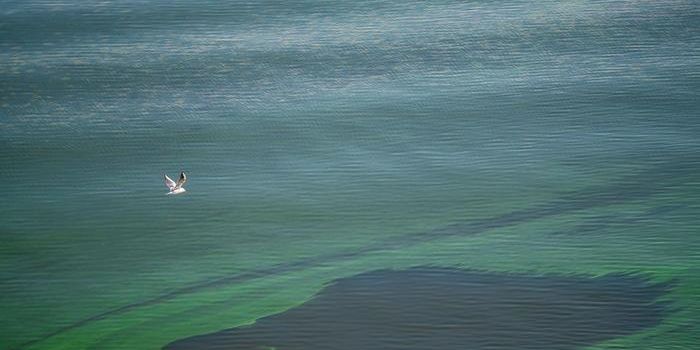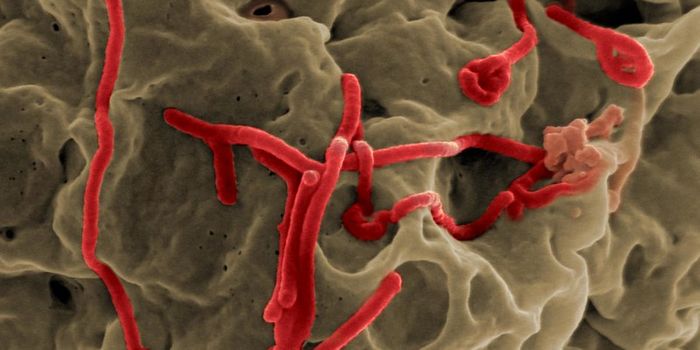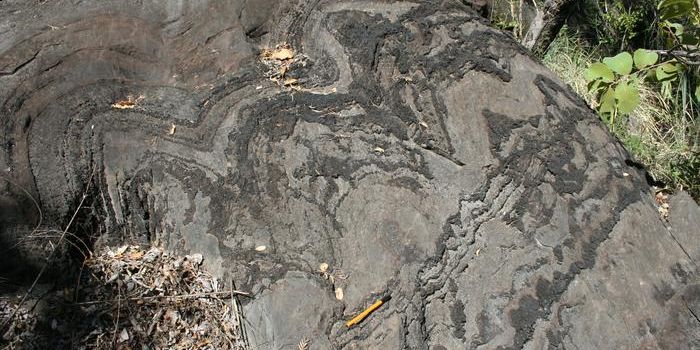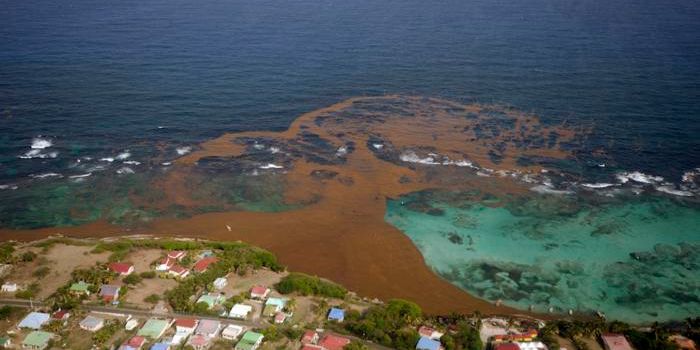Noise Pollution Threatens Norway's Orcas
Orca pods heavily depend on vocal communication for survival. Their unique ability to communicate with other pod members to coordinate social and feeding behaviors is essential to their success as apex predators. Anthropogenic noise in waters where orca pods exist threatens their ability to thrive.
Ellyne Hamran, a marine mammal acoustic researcher from the nonprofit Ocean Sounds, and a team of researchers are studying orcas in Norway's Lofoten archipelago with the hope of protecting them from noise pollution. Ocean Sounds has studied whales in this region since 2003.
Noise pollution can originate from boat tours of enthusiastic whale watchers. As Hamran states in the video, these tours can be quite disruptive to pods as they travel to close, even separating mothers from calves on occasion. Hamran also states that the tour boats' noise is excessively loud underwater, so loud that the researchers must turn down their hydrophones' volume. Also, noise from these boats can disrupt nearby fish that the orcas have worked hard to gather.
Oil drilling and exploration also create disruptive noise. However, as Inside Science reports, in 2019, oil drilling was blocked in this area. This legislation may be at risk with upcoming 2021 elections. Oil mapping is still allowed, and it uses loud blasts of compressed air to find oil in the ocean floor. Hamran and her team estimate these blasts to be louder than fireworks just three feet away.
In addition to disturbing feeding and social behaviors, boat noise may cause the whales to come closer to the rocky shore. As the video states, this past spring saw more whale strandings on the coast than ever before. Hamran says she can investigate ear canals for damage to see if that was the stranding cause, but only within the first 48 hours.
As reported in the video, the ultimate goal of this research is to learn how noise pollution impacts whales in this area and make the Lofoten archipelago a Marine Protected Area. MPA designation would protect the area from oil exploration and drilling while limiting other anthropogenic noise. Additionally, as Hamran states, they hope to educate the public about protecting the whales and turn tour boat guidelines into laws to minimize noise and protect the orca pods.
Sources: Business Insider










